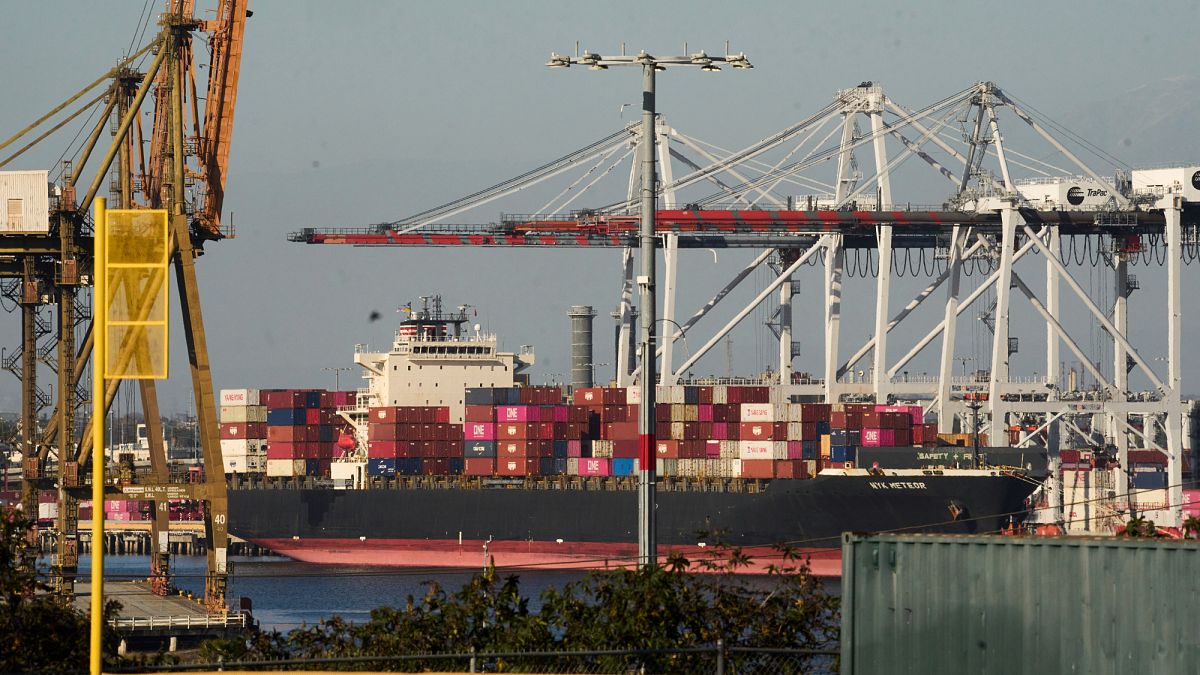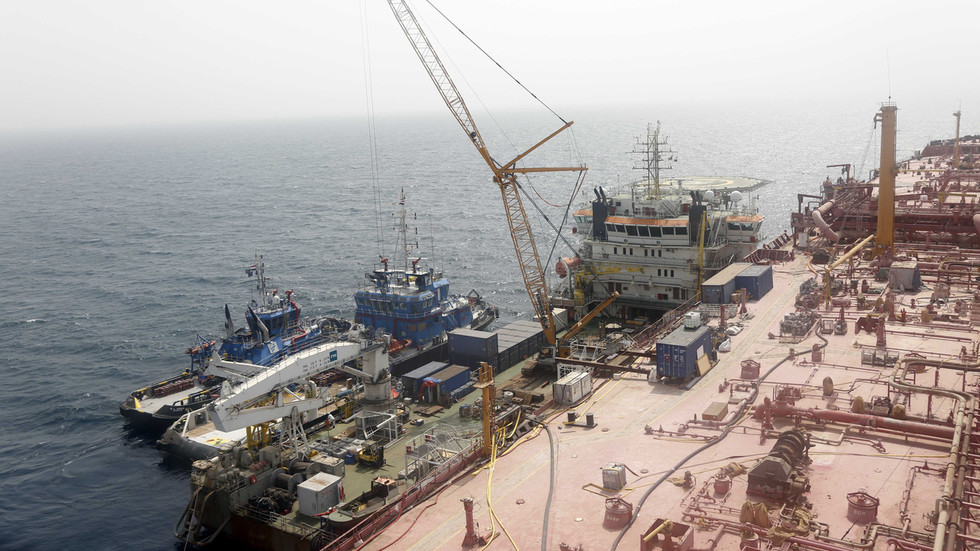GPS signals from border areas were disrupted for the second-straight day on Saturday, affecting an unspecified number of planes and ships.
Tensions between the rival Koreas have escalated as North Korean leader Kim Jong Un flaunts his advancing nuclear and missile programme and engages in electronic and psychological warfare, including flying thousands of balloons to drop trash and anti-South Korean propaganda leaflets in the South.
South Korea’s Joint Chiefs of Staff said North Korean operations to manipulate GPS signals were detected from around the western border city of Kaesong and the nearby city of Haeju on Friday and Saturday, and said the activities disrupted dozens of civilian aircraft and several vessels.
While warning aircraft and vessels near western border areas, South Korea’s military did not specify how North Korea was interfering with GPS signals, nor did it detail the extent of the disruptions.
“We urge North Korea to stop GPS interference provocations immediately and strongly warn that it will be held fully accountable for any resulting consequences,” the South’s joint chiefs said in a statement.
North Korea’s GPS signal disruptions and balloon campaigns highlight the vulnerability of South Korea’s Incheon International Airport, its main transportation gateway, analyst Sukjoon Yoon recently wrote on the North Korea-focused 38 North website.
The airport, which carries 56 million people and 3.6 million tons of cargo annually, is less than 62 miles from North Korea.
“No major aviation incidents have resulted to date, but GPS interference can endanger commercial airlines flying in poor visibility, and it is a violation of international conventions on navigational safety,” Yoon wrote. He said that in 2024, North Korean trash balloons halted the airport’s runway operations 12 different times for a total of 265 minutes.
Kim has shown more hostility this year toward Seoul’s conservative government — which maintains a hard line on Pyongyang — with the North abandoning its long-standing goals of reconciliation with its war-divided rival and rewriting its constitution to cement South Korea as a permanent adversary.
North Korea also blew up sections of its unused road and rail routes linked with the South in October in a symbolic display of anger toward Seoul, and opened November with a flight-test of a new intercontinental ballistic missile to dial up pressure on Washington.
South Korean officials say North Korean activities to disrupt GPS signals from western border regions increased as the country began launching trash-carrying balloons toward the South in late May, which the North described as a retaliation against South Korean civilian activists flying anti-North Korean propaganda leaflets across the border.
Aside from North Korea’s weapons demonstrations and non-conventional provocations, there’s growing concern over its reported provision of military equipment and troops to Russia to support President Vladimir Putin’s war on Ukraine. South Korean officials say the deepening military alignment between Moscow and Pyongyang could possibly result in Russian technology transfers that increases the threat posed by Kim’s military nuclear programme.

 5 months ago
43
5 months ago
43






 We deliver critical software at unparalleled value and speed to help your business thrive
We deliver critical software at unparalleled value and speed to help your business thrive






 English (US) ·
English (US) ·